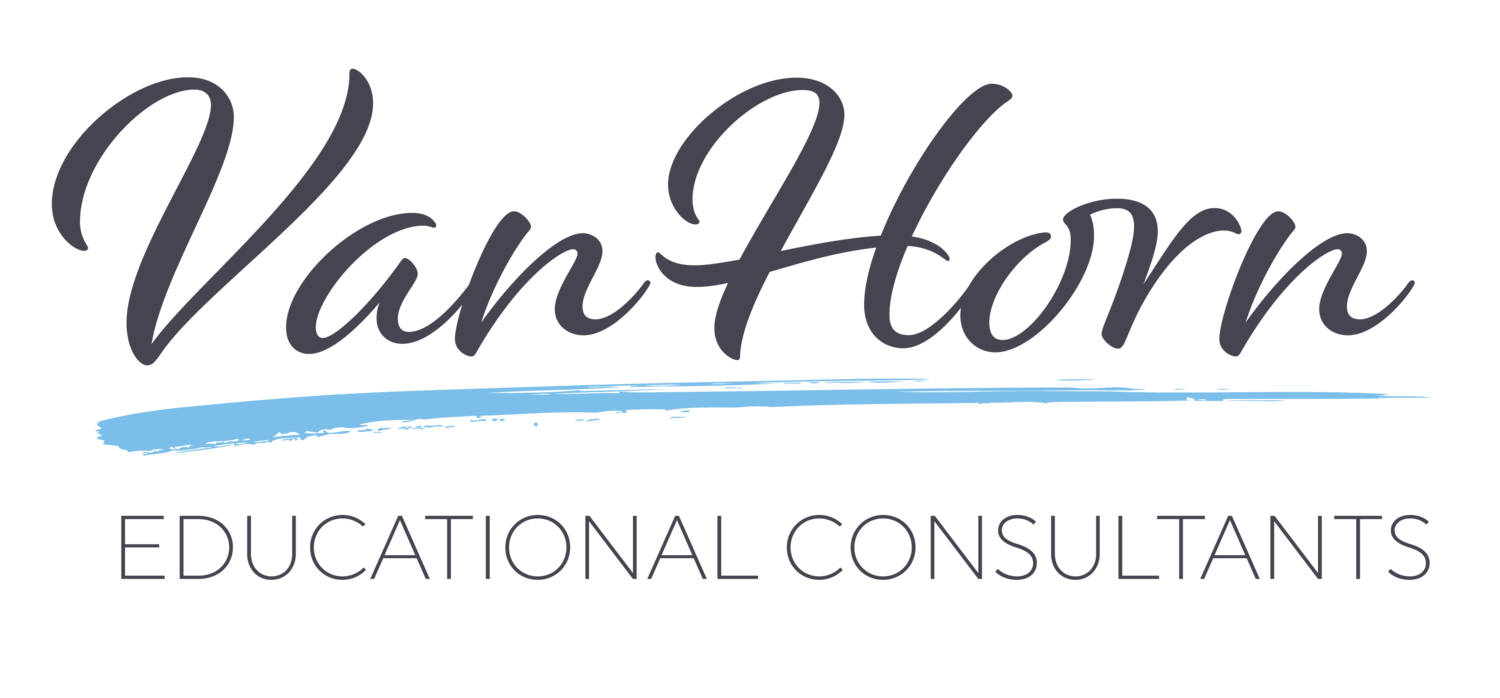Getting the Most out of Program Evaluation
/Co-Authored by Pam VanHorn, Ph.D. and Greg VanHorn, Ph.D.
Evaluation is often an underutilized tool for strengthening the effectiveness of a program. Strong evaluation provides the organization a true reflection of effectiveness based on the objectives or goals of the program being implemented. The purpose of a program evaluation is to strengthen its effectiveness through a continuous improvement process based on analyzing the program plan, implementation and results. The program evaluation process includes gaining an understanding of the program’s purpose, goals, activities, the intended impact groups and then collecting and analyzing data from each of those program components.
A useful evaluation:
determines planning for next steps to increase program effectiveness
uses both qualitative and quantitative analysis providing a balanced approach for telling the story of a program’s effectiveness
provides an opportunity for an organization to check on the fidelity of expected implementation and close any implementation gaps
provides cause for celebration of goals and outcomes that are being met
An important component of any program evaluation is the professional relationship between the organization and the evaluator. Integrity and transparency from both parties are keys to a relationship that will provide a meaningful program evaluation. Having permission to engage in genuine listening and discussion when the evaluation is complete, leads to using evaluation recommendations in a meaningful and productive way resulting in better program outcomes over time.

